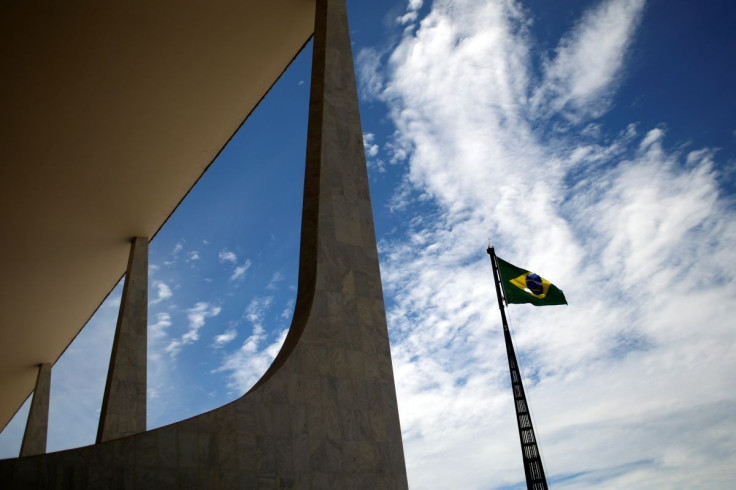U.S. Must Do More To Strengthen Ties With Brazil -U.S Chamber Of Commerce Official

The Biden administration is not doing enough to forge a long-term alliance with Brazil, Myron Brilliant, the U.S. Chamber of Commerce's head of the international affairs division, told a press conference in Sao Paulo on Thursday.
"In my candid view, I don't think the Biden administration is doing enough to focus on this region," he said of the world's ninth largest economy, adding part of the reason is the U.S. domestic agenda.
Brilliant said the lack of U.S. engagement across Latin America means "opportunities are not developed (nor is a) long-term strategic plan in the way that we would hope."
The absence of the U.S. has paved the way for other partners to liaise and do business with Brazil.
"What we have seen in the last decade is a significant rise of Chinese investment and engagement in the region," Brilliant said. "We are also seeing Russian engagement. We would say that the U.S. has to be present."
The U.S. is Brazil's second most important trade partner, behind China. The difference is that Brazil runs a trade surplus with the Asian country, and a deficit with the U.S.
Brazil and the U.S. compete as exporters of agriculture commodities like soy, meat and corn.
In the first quarter of the year, Brazil ran a $3.8 billion trade deficit with the U.S. and $4.7 billion surplus with China, according to Brazilian government data.
The U.S. accounted for about 11% of Brazil's overall exports in the period while China was almost 28%, the data showed.
"Defining trade in terms of deficit and surplus is a mistake," Brilliant said. "Important for us is to have a level playing field."
© Copyright Thomson Reuters 2024. All rights reserved.




















